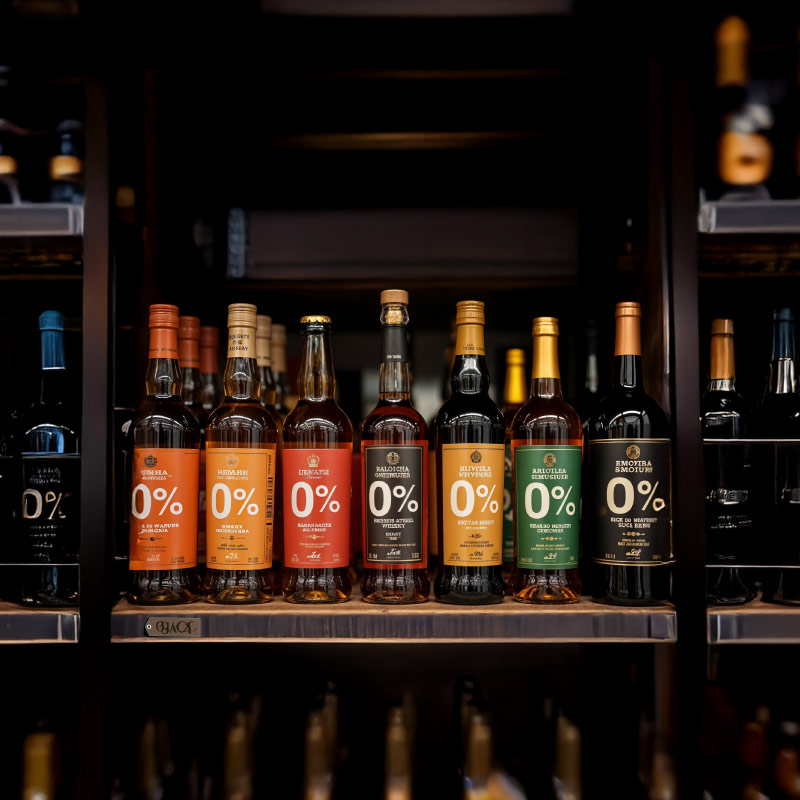
Sober serious: alcohol-free drinks go mainstream
Warnings about alcohol’s harms by medical experts are nothing new. But the drinks industry is now taking sobriety seriously by investing in a growing range of alternative products....

by Nico Luchsinger Published December 13, 2024 in 2025 Trends • 5 min read
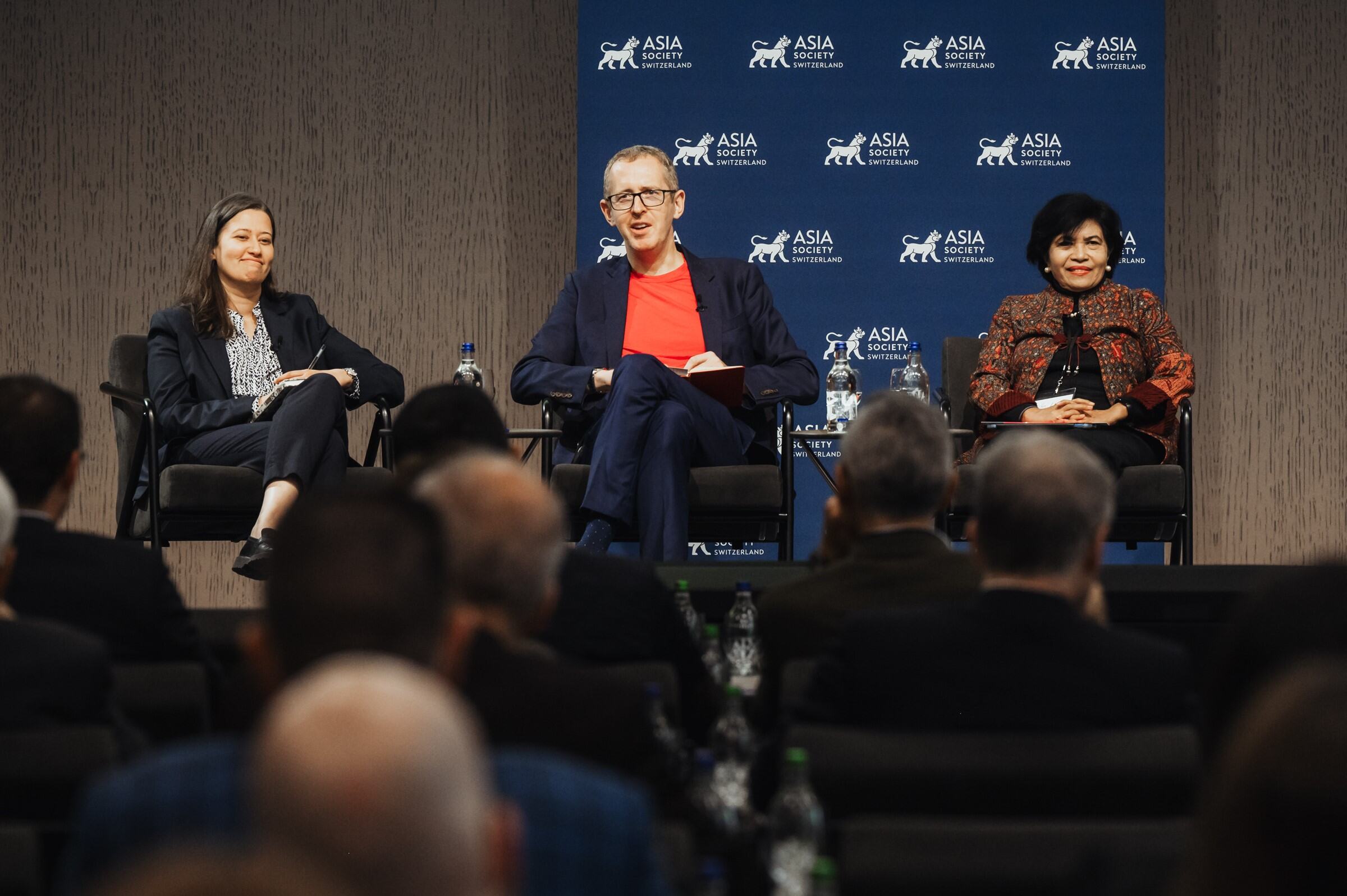
As India and Indonesia continue to assert themselves in the global economy, they are experiencing parallel narratives. India is having its moment, with the world looking to its economy for future growth while maintaining complex strategic partnerships across the global spectrum. Indonesia, fresh from electing a new president, stands as a critical source of raw materials for the energy transition and a rising diplomatic force in Southeast Asia.
Indonesia’s new President, Prabowo Subianto, represents a marked shift in foreign policy emphasis. As Dewi Fortuna Anwar, an Indonesian professor, political activist, and board member, explained, “President Joko Widodo was not that interested in foreign policy. He was very transactional, very focused on economic diplomacy. Now, Prabowo is very much a cosmopolitan man. As a former defense minister, he’s very interested in geopolitical and geostrategic issues.”
Megawati Sukarnoputri (2001-2004)
Susilo Bambang Yudhoyono (2004-2014) – served two terms
Joko Widodo “Jokowi” (2014-2024) – served two terms
Prabowo Subianto (2024-present) – won election in February 2024, took office in October 2024
Atal Bihari Vajpayee (1998-2004) – BJP
Manmohan Singh (2004-2014) – Two terms, Congress Party
Narendra Modi (2014-present) – Currently in third term, BJP
Both Indonesia and India are actively repositioning themselves in global supply chains.
Indonesia is moving beyond its traditional role as a raw materials exporter and aims to become a significant player in the commodities value chain by investing in smelters and the processing of raw materials. “Instead of just exporting palm oils and raw nickel or cobalt ores, Indonesia must develop some value-added activities within the country,” Anwar emphasized, pointing to Indonesia’s ambition to become a major force in EV battery production, which is currently dominated by China.
India’s manufacturing transformation is gaining momentum through the Production-Led Incentive (PLI) scheme. As Mohan explained: “India is an inherently protectionist country, which now has to turn and open its markets to the world, and that comes with its own challenges.” The success of this transition is evident in developments like Apple’s investment in iPhone production facilities in India, marking a significant shift in global manufacturing patterns.
Both countries are assuming sophisticated forms of strategic autonomy. Indonesia’s approach, which Anwar termed “non-alignment 2.0,” represents a modern take on its traditional foreign policy doctrine: “Today’s non-alignment is not the old ‘aloof’ approach, rather it is ‘smart engagement Indonesia’ which has seen it develop very close relations with China economically, while on security it is very close to the United States.”
India – which is also non-aligned – similarly maintains strategic flexibility, particularly evident in its approach to international groupings. Mohan cautioned against oversimplified interpretations: “Often here in the West, people see the BRICS expansion as emerging as an anti-Western platform whereas a significant proportion of the members of the BRICS have very close relationships with the West,“ said Mohan, with India playing a counterbalance to China’s influence in this bloc.
Both nations possess significant demographic advantages. “Indonesia still enjoys a demographic dividend, so there’s a huge pool of young talent there. They’re consuming, and they’re going to be productive for at least 20 to 30 years,” said Anwar.
This is the golden age, and this creates a lot of optimism, but also there are concerns about whether [young people] are going to be well educated enough, well trained enough and whether there will be jobs.”
– Dewi Fortuna Anwar
India faces similar opportunities and pressures in managing its young workforce. The success of initiatives like the PLI scheme becomes crucial not just for economic growth but for social stability through job creation.
The optimism for the future of both countries is grounded in tangible developments tempered by real challenges. As emerging powers, their success will depend on their ability to balance domestic development needs with international expectations, manage strategic relationships in an increasingly complex world order, and convert their demographic advantages into sustainable economic growth.
1. Indonesia is moving from solely exporting raw materials to value-added processing, particularly in the EV batteries ecosystem, including for commodities like nickel and cobalt ores.
2. India’s PLI scheme is successfully attracting global manufacturers, as shown by Apple’s iPhone production, in contrast to the country’s historic protectionist tendencies.
3. Both non-aligned countries focus on their own forms of sophisticated strategic autonomy, allowing them to maintain diverse international business, political, and defense relationships with both China and the West.
4. Both nations have significant demographic advantages with young, productive populations for the next 20-30 years; the challenge will be creating meaningful employment for these generations.
5. Success depends on their ability to balance domestic development needs and pressures with international expectations while managing complex strategic relationships.
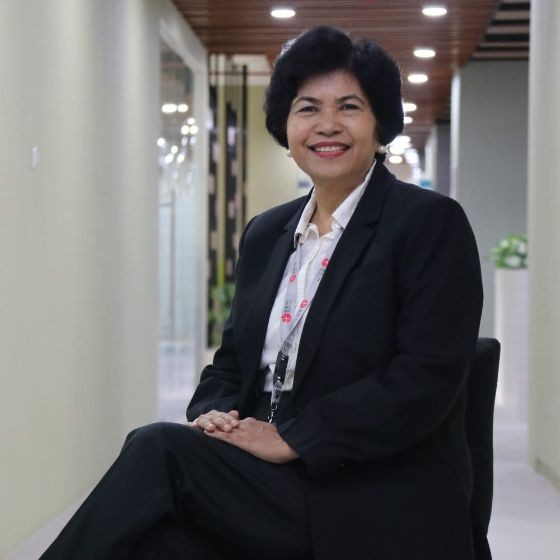
Professor, Political Advisor and Board Member
Dewi Fortuna Anwar is an Academician of the Social Science Commission of the Indonesian Academy of Sciences (AIPI), a research professor at the Research Center for Politics, National Research, and Innovation Agency (BRIN), Chairman of the Board of Directors of The Habibie Center (THC), and Co-Founder of the Foreign Policy Community of Indonesia (FPCI). From 2010-2017, she served as a Deputy Secretary to the Vice President of the Republic of Indonesia. She sits on the board of the Centre for Humanitarian Dialogue (HD) in Geneva.
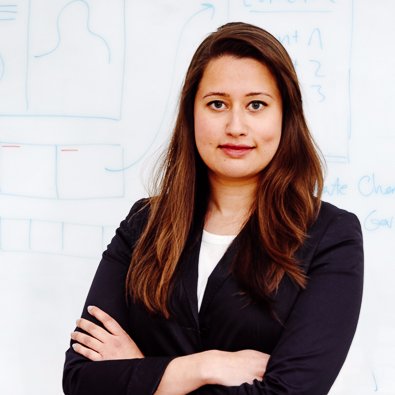
Senior Fellow Indo-Pacific Program, GMF
Garima Mohan is a Senior Fellow in the Indo-Pacific program at the German Marshall Fund of the United States (GMF), where she leads the work on India and heads the India Trilateral Forum. Her research focuses on Europe-India ties, EU foreign policy in Asia, and security in the Indo-Pacific. Prior to joining GMF, she was the acting team leader and coordinator for the EU’s Asia-Pacific Research and Advice Network, which supports EU policymakers on issues concerning the Asia-Pacific.

Executive Director of Asia Society Switzerland
Nico Luchsinger is Executive Director of Asia Society Switzerland, a foundation dedicated to fostering Asia competence. On its website, you can find the recording of the entire Oxford Debate on Taiwan, and more information about upcoming events.

February 3, 2025 • by Natalia Olynec in 2025 Trends
Warnings about alcohol’s harms by medical experts are nothing new. But the drinks industry is now taking sobriety seriously by investing in a growing range of alternative products....
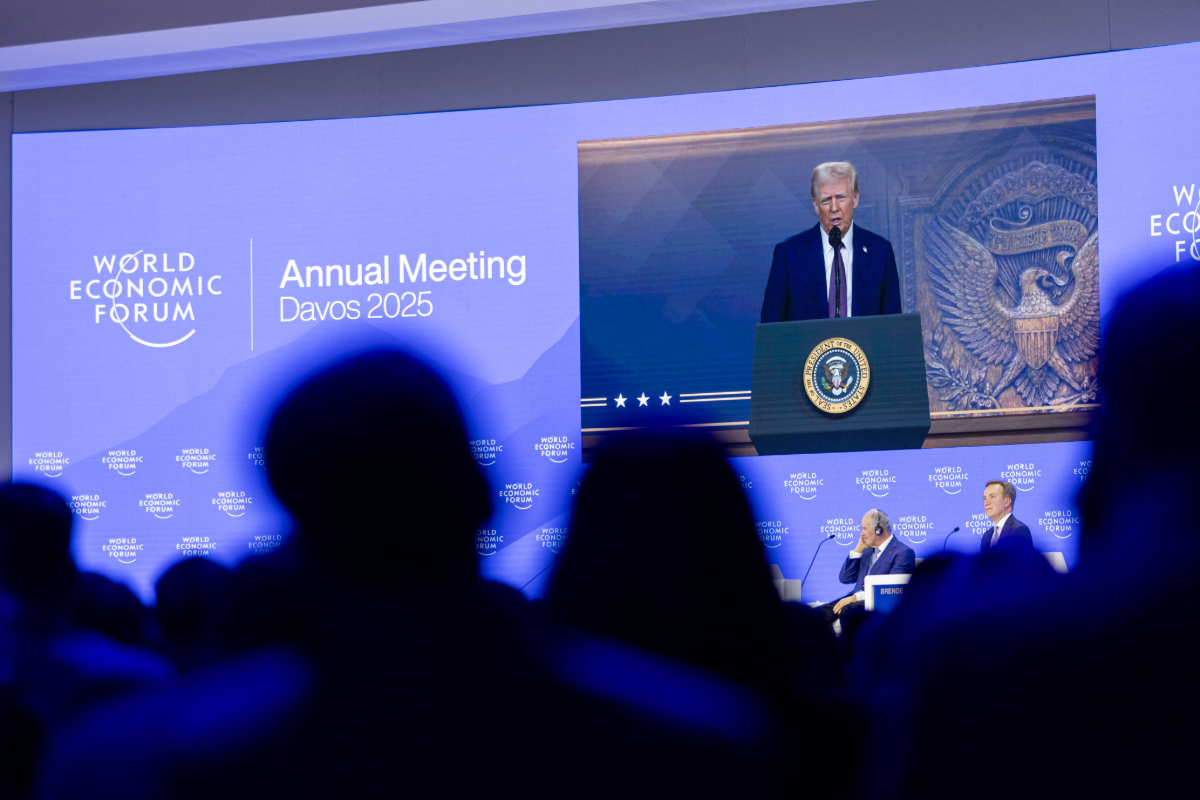
January 24, 2025 • by David Bach, Simon J. Evenett, Öykü Işık, Arturo Bris, Julia Binder, Knut Haanaes, Sophie Bacq, Jennifer Jordan, Sarah E. Toms, Natalia Olynec in 2025 Trends
Business leaders at this year’s World Economic Forum sought to block out the political noise and focus on what’s happening in the real economy....

January 13, 2025 • by Julia Binder, Robert Hooijberg, Alyson Meister, Michael D. Watkins, John R. Weeks, Stefan Michel, Howard H. Yu in 2025 Trends
Thinking about a career change? Keen to move industry or transition into a new role? IMD professors share the best advice they have received or gleaned over their careers....
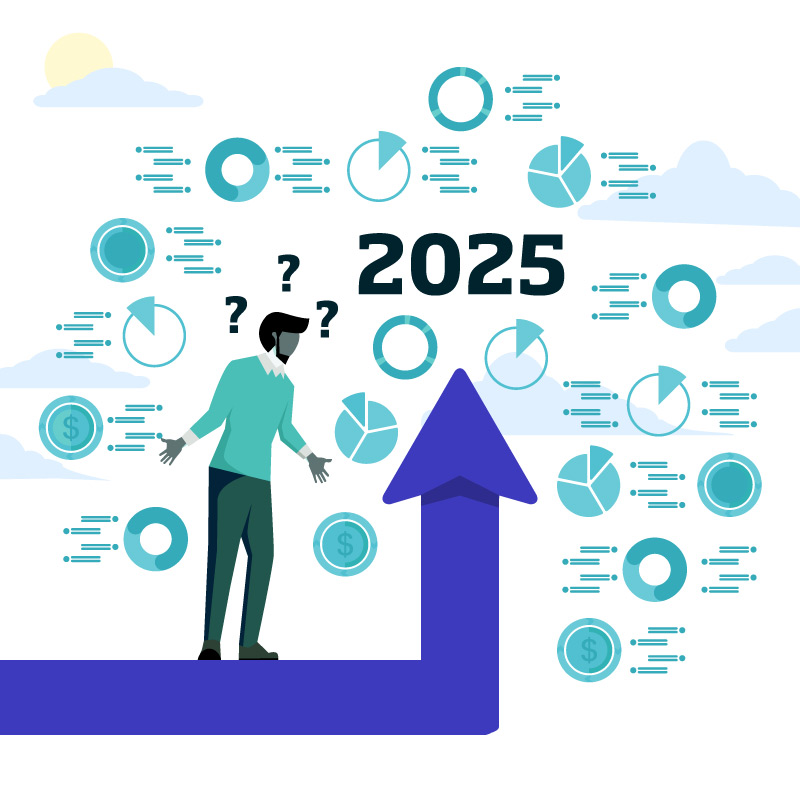
January 10, 2025 • by Simon J. Evenett in 2025 Trends
Most annual predictions fail to provide actionable insights for executives. Here are two approaches to better discern the implications for your business....
Explore first person business intelligence from top minds curated for a global executive audience